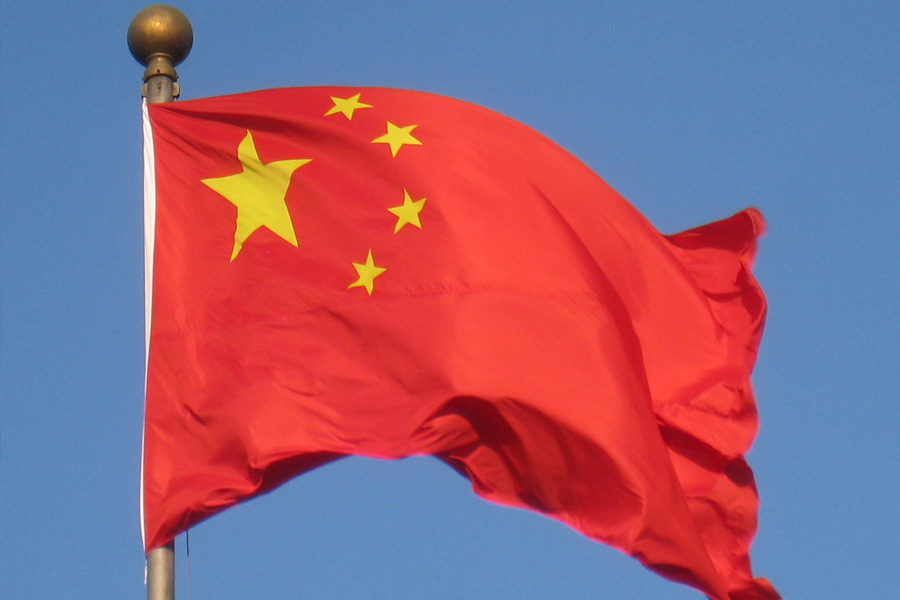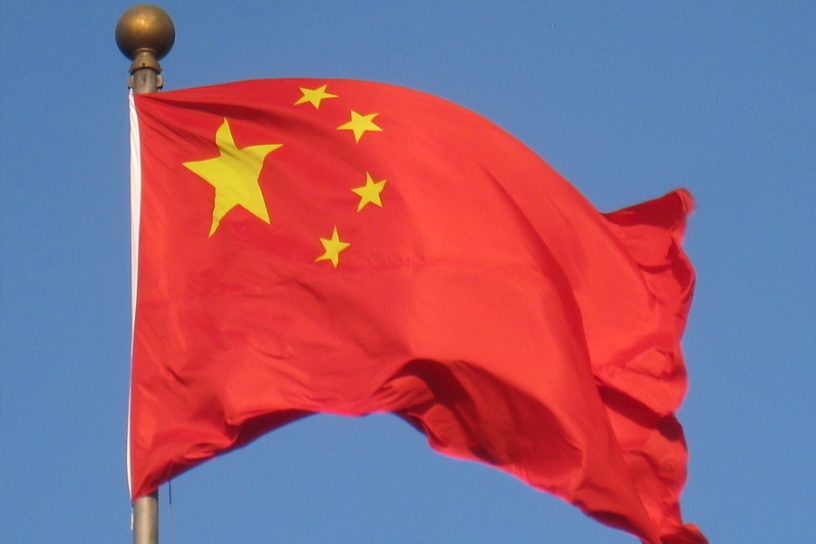
Citizens of China (excluding the Xinjiang Uyghur Autonomous Region) have voluntarily given up their freedom in return for stability and security, say the authors.
Authors
Arun Teja Polcumpally, Centre for Security Studies, Jindal School of International Affairs, O.P. Jindal Global University, Sonipat, Haryana, India.
Vatsala Mishra, Threat Analyst, Barclays Joint Operations Command Centre.
Summary
““Until they become conscious they will never rebel, and until after they have rebelled they cannot become conscious.”
“…The real power. The power we have to fight to for night and day, is not power over things, but over men.”
These sentences are taken from the classic dystopian novel 1984 authored by George Orwell in 1949. They show the importance of psychological control in establishing a complete hegemony over society. In this article, the focus will be on Chinese perception control. It takes a quick look into the censorship history during the Ming Dynasty and examines today’s constitutional provisions for highly controlled media in China. It asserts that the normalisation of censorship in Chinese society is because of the fear of being oppressed, which has been carried along the centuries of history. Finally, it concludes by showing the situation of current surveillance society and the state’s more than required control over the citizen’s life.
China and its surveillance nature
Surveillance appears to be an inherent attribute of the Chinese Communist Party (CCP) behaviour. Incidents such as the psychological isolation of Liu Xiaobo – who took part in the Tiananmen Square protests of 1989, torture of foreign scribes, disappearance of human rights journalist Ding Lingjie, the suppression of Uyghurs, and the crackdown on the liberties of Hong Kong—present a faint picture of the 1984 novel. It would not be an exaggeration to apply the slogans of the fictional Ministry of Truth, ‘War is Peace, Freedom is Slavery, Ignorance is Strength’ to the Chinese way of societal perception control.
Apart from what liberal scholars or even Lutyen’s Delhi talk about, China seems to be very peaceful regarding the censorship and surveillance of its media. What has made the people of China so patient? Is it the threat posed by the regime or is being oppressed there in their psyche? We shall find answers to these questions through the following sections.
Published in: ORF (Observer Research Foundation)
To read the full article, please click here.


